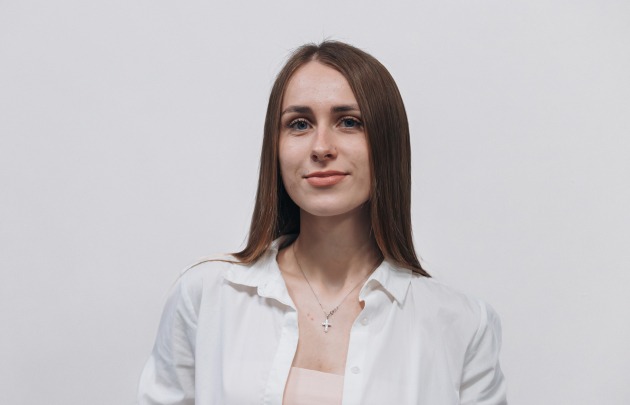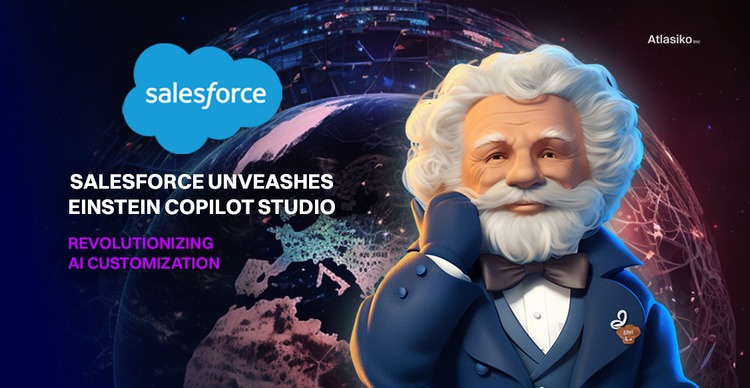At the ongoing Dreamforce customer conference in San Francisco, Salesforce introduced a game-changing tool, Einstein Copilot Studio. This innovation empowers customers to tailor their Salesforce Einstein GPT and Einstein Copilot offerings to meet their specific needs and preferences.
Einstein Copilot Studio comprises three essential components, as outlined by Clara Shih, the CEO of Salesforce AI.
1. Prompt Builder: This feature is designed for customers seeking to personalize the prompt templates embedded within Einstein GPT. Shih explained, "Customers can now effortlessly integrate their custom prompts, aligning them with their products, brands, or any specific elements unique to their business or market that may not be readily available with the default Einstein GPT or Einstein Copilot templates."
2. Skills Builder: Companies can now incorporate actions into prompts, marking a significant expansion of Einstein Copilot's capabilities. Shih elaborated, "With the Skills Builder, Einstein Copilot transcends mere data access and question answering. Companies gain the power to control and define the workflows accessible to Copilot, allowing it to execute tasks such as competitor analysis or objection handling."
3. Bring Your Own Model (BYOM): The final piece of the puzzle enables users to either bring their custom model or leverage supported third-party offerings like Anthropic, Cohere, Databricks, Google Cloud's Vertex AI, and OpenAI. Shih emphasized that this feature is primarily intended for enterprise-level companies with substantial data science teams, and it represents an enhancement of the BYOM concept introduced earlier in the year.
Brent Leary, the founder and principal analyst at CRM Essentials, praised Studio's ability to address the needs of companies requiring more advanced tooling. He stated, "Studio serves as a unified hub accessible from across the Salesforce platforms, greatly simplifying prompt and skills creation for administrators while addressing real-world use cases tailored to organizational requirements."
Salesforce acknowledges the challenges associated with large language models, including hallucinations, bias, and inappropriate responses. To address these concerns, Shih disclosed the development of the "Einstein Trust Layer." This system is designed to assist companies in managing security, governance, and data privacy.
Leveraging data from the Data Cloud initially introduced as Genie at last year's Dreamforce, can enhance the accuracy of Copilot's responses by tapping into Salesforce's extensive database.
In Studio, customers have the flexibility to fine-tune prompts and skills based on the nature of the query and the associated risk. Shih offered an example: "For straightforward Q&A scenarios like 'how much do we charge for a wire transfer?' — I haven't observed hallucinations in such cases — but when dealing with higher-stakes tasks like large money transfers, you may want to establish a rule that involves human intervention before the transaction proceeds."
It's important to note that the complete eradication of hallucinations in LLMs remains a challenging endeavor.
While acknowledging the potential impact of AI on certain job roles, Shih also sees opportunities for new job creation. She emphasized, "This is a pivotal moment, where some jobs may be affected, but we'll also witness the emergence of new roles, such as the prompt engineer." The Studio product is poised to play a part in this evolving landscape.
Einstein Copilot Studio is set to enter pilot testing this fall. The Einstein Trust Layer is expected to become generally available across the Einstein platform next month, although Salesforce has not provided specific dates.







